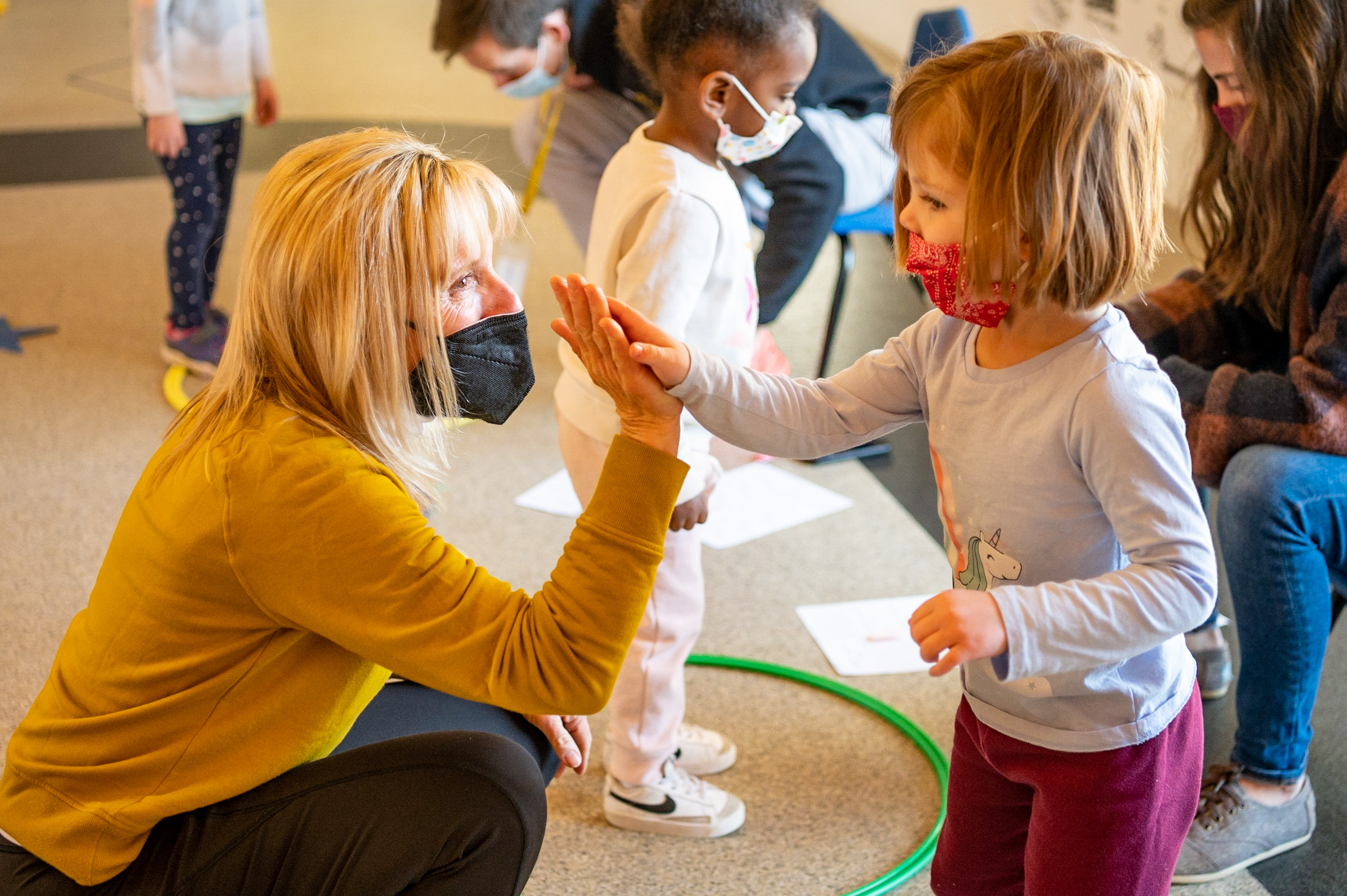As parents, we face few tasks more daunting than securing quality child care for our infant, toddler or preschooler. Whether you’re considering an established center or an in-home caregiver, keep the following trends in mind during the interview process to make sure your candidates hit the mark.
Quality child care ratings systems
As child care facilities make improvements to meet the high-quality standards set forth by the National Association for the Education of Young Children, states have developed quality ratings systems to help parents distinguish between centers that are merely meeting minimum licensing requirements and those that far exceed them. Pennsylvania’s system is called Keystone Stars and Delaware’s is Delaware Stars. New Jersey currently lacks a ratings system but reportedly has one in development.
The star system gives parents the scoop on everything from staff credentials to health and safety info to technology initiatives. The rating “says to families that this facility has made a commitment to quality,” says Evelyn Keating of the Delaware State Office of Early Learning. Participation in the star system is voluntary, and meeting high expectations is an expensive prospect. “It’s a challenge to keep standards up,” says Sharon Easterling, executive director of the Delaware Valley Association for the Education of Young Children. “About half of the state’s licensed child care programs are in Keystone Stars. Of that half, only 20 percent are on the high end of the ratings,” with three or four stars.
Child care staff education
One criterion for stars is staff education. As a result, Keating believes there’s been more attention paid in recent years to the education of the caregiver. While only 20 percent of caregivers in Delaware have a bachelor’s degree, it is widely recognized that “an educated teacher in the classroom is very important," she says. And Wendy Sachs, president of the Philadelphia Nanny Network in Ardmore, PA reports that many nannies now have college degrees in child care-related fields, including education, child development and social work.
Backup child care
Maintaining hygiene and fighting the spread of illness are ongoing battles in child care environments. Because most centers find it difficult to care for mildly ill children without exposing healthy children to unwanted germs, some employers are offering backup care as a new solution. “This is the biggest trend in the last five years,” says Sachs. “The idea is that if your regular arrangements fall through, you will have a backup” and be able to go to work, explains Easterling. This service covers the cost of a backup care center or that of a temporary nanny.
Back-up care would kick in when:
- A regular caregiver is unexpectedly unavailable due to illness or emergency.
- Mildly ill children are unwell enough not to go to school or regular daycare.
- School is closed on regular business days (including election days and teacher in-service days).
After-hours child care
After-hours care for parents who work nontraditional hours is also a burgeoning trend. The Penn Children’s Center at the University of Pennsylvania instituted a pilot after-hours program this past fall, and there are rated Stars facilities that can accommodate parents who need caregiving well past 5pm. Drop-in evening child care centers with hourly rates are also popping up locally.
Technology and child care
Child care providers are adopting technology to communicate with parents and interact with their charges. Here are just a few ways they do so.
- In-home caregivers are using smartphone apps to send parents reports of their children’s eating habits, naps, diapering and toilet activities, reports Alicia C. Harding of Monday Morning Moms in Mount Laurel, NJ.
- Some nannies blog as a way to document daily activities and milestones.
- Texting has become “a vital way of communicating back and forth with parents,” says Sachs, allowing caregivers to instantly share photos and child status updates.
Suzanne Koup-Larsen is a contributing writer to MetroKids.






